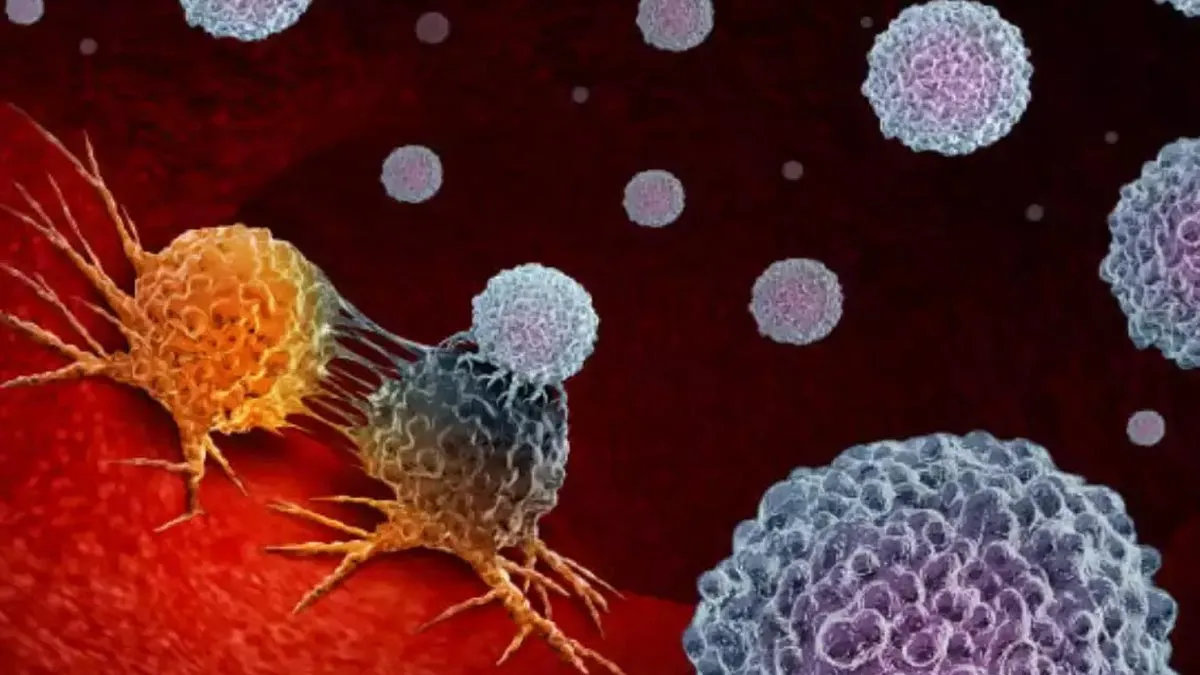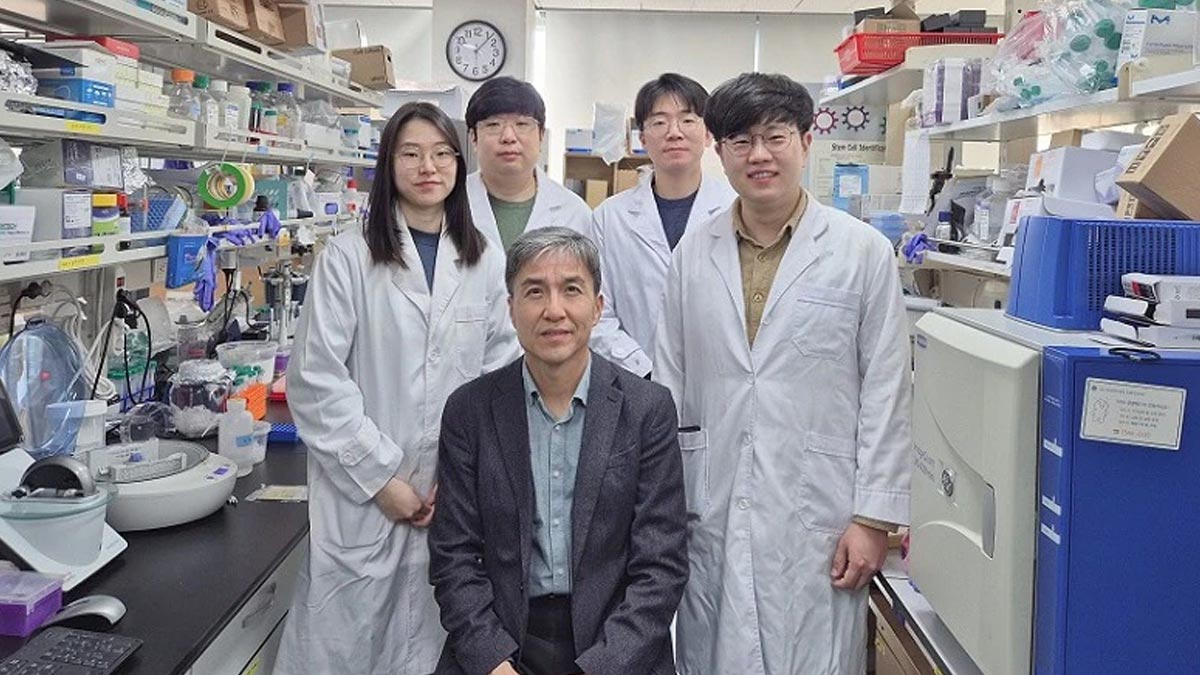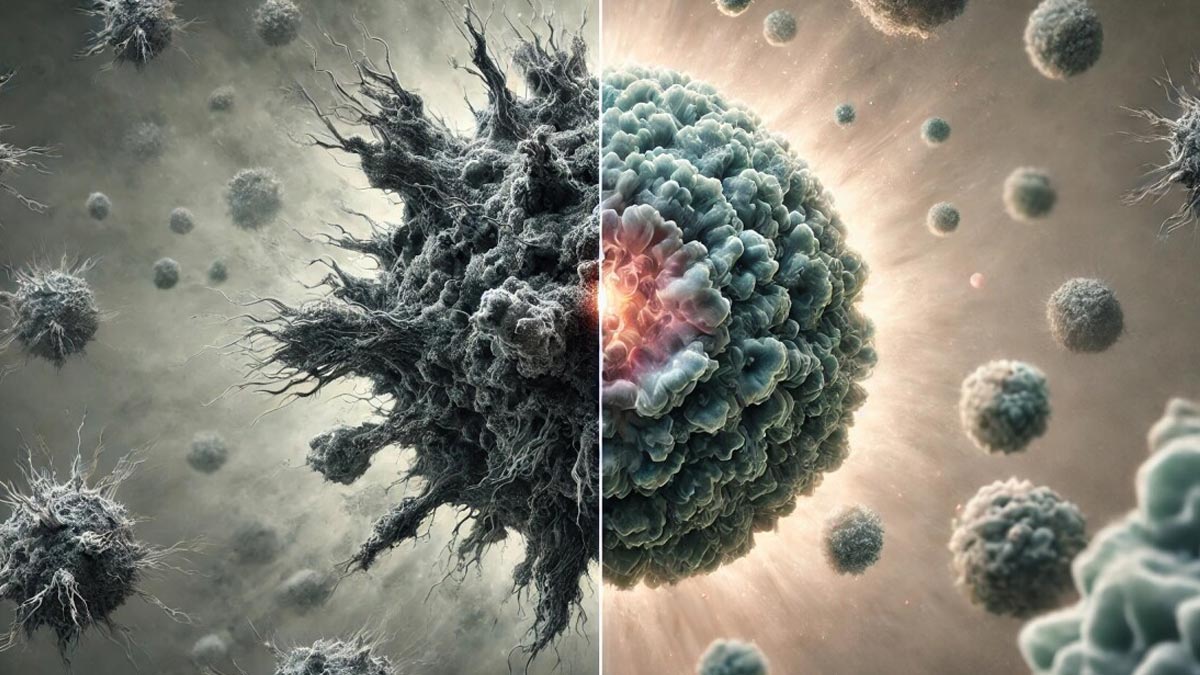
In an extraordinary advancement in cancer research, scientists at the Korea Advanced Institute of Science and Technology (KAIST) have unveiled a revolutionary treatment approach. Unlike conventional therapies, which aim to destroy cancer cells but often come with severe side effects and the risk of recurrence, this new method reprograms colon cancer cells to resemble normal, healthy cells.
Table of Content:-
A Paradigm Shift in Cancer Treatment
Traditional cancer treatments like chemotherapy and radiation focus on eradicating cancer cells. However, this approach often harms surrounding healthy tissue, causing debilitating side effects and leaving patients vulnerable to relapse. The new technology developed by the KAIST research team marks a significant departure from this norm.

Led by Professor Kwang-Hyun Cho of the Department of Bio and Brain Engineering, the team has successfully demonstrated that colon cancer cells can be transformed into a state mimicking normal colon cells. This process not only eliminates the harmful impact of traditional treatments but also significantly reduces the likelihood of cancer cells developing resistance.
The Science Behind the Breakthrough
The researchers based their innovative approach on an in-depth study of oncogenesis, the process through which normal cells become cancerous. They discovered that during this transformation, cells regress along their differentiation pathway—a biological roadmap that guides a cell’s development and specialisation.
Also Read: Human Metapneumovirus Detected in China: The Next Health Alert After Coronavirus?
To leverage this insight, the team developed a digital twin of the gene network responsible for cell differentiation. This virtual model allowed them to simulate and analyse the intricate molecular interactions involved in cell development. By pinpointing specific “master switches” within the gene network, they identified key molecular targets capable of reprogramming cancer cells.
Remarkable Results in the Lab
When these molecular switches were applied to colon cancer cells, the results were nothing short of groundbreaking. Laboratory tests, including cellular and molecular studies, revealed that the cancer cells reverted to a state closely resembling normal colon cells.

Further validation came through animal trials, where the treatment proved effective without the toxic side effects typically associated with cancer therapies. By systematically employing the digital twin model, the team demonstrated that cancer cell reversion is not a chance occurrence but a scientifically achievable phenomenon.
Paving the Way for Reversible Cancer Therapy
Professor Cho described this breakthrough as an entirely new concept in cancer treatment, calling it "reversible cancer therapy." He emphasised that the study provides a foundation for identifying precise molecular targets for reprogramming cancer cells by systematically analysing normal cell differentiation trajectories.
This innovative approach could have far-reaching implications for the treatment of other cancer types, as the underlying principles of cell differentiation and gene network dynamics are common across various forms of cancer.
A Promising Future for Cancer Research
The implications of this research are immense. By focusing on reprogramming rather than destruction, this therapy offers a less invasive, more sustainable solution for cancer patients. The potential to apply this method to other types of cancer could mark the beginning of a new era in oncology.
While further research and clinical trials are needed to refine and expand the application of this technology, the promise of a therapy that transforms cancer cells back to their healthy state could revolutionise how we combat one of humanity's most challenging diseases.
Bottomline
This breakthrough from KAIST has opened the door to a future where cancer is not just treated but reversed systematically. With its ability to minimise side effects and reduce resistance, this revolutionary approach may soon redefine cancer care worldwide, offering hope to millions battling the disease.
Also watch this video
How we keep this article up to date:
We work with experts and keep a close eye on the latest in health and wellness. Whenever there is a new research or helpful information, we update our articles with accurate and useful advice.
Current Version